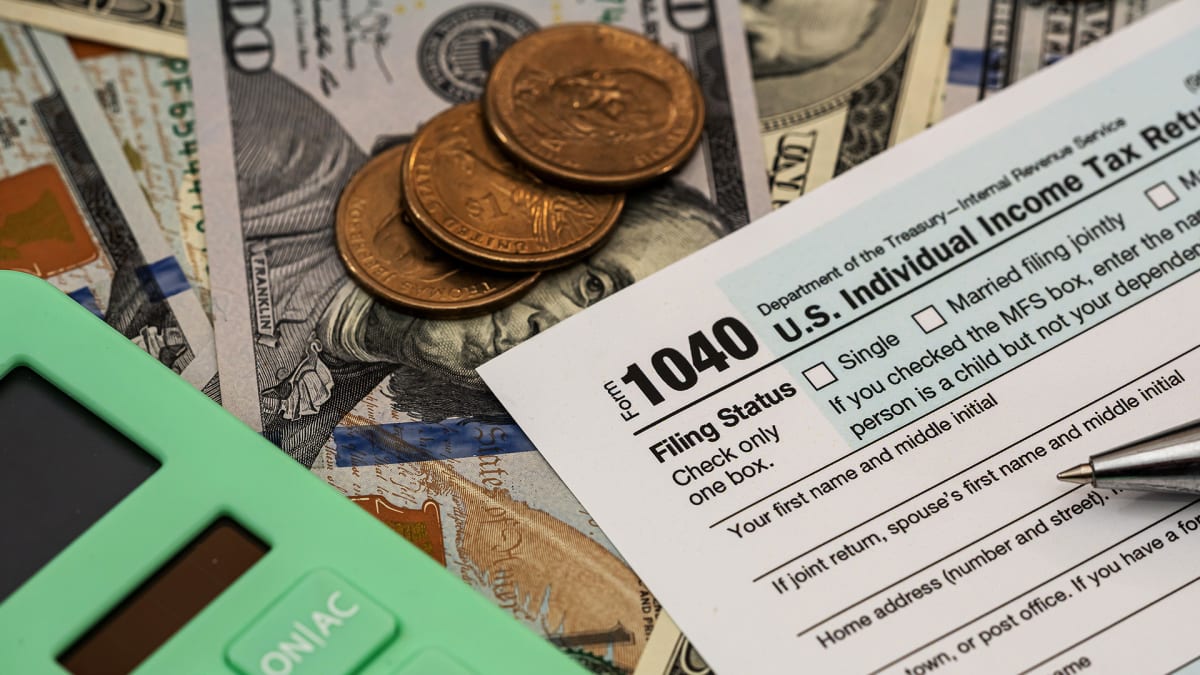
TikTok is, increasingly, the place where many young workers turn to for everything from career advice to tips on how to prepare taxes. One Canadian influencer went viral after telling over 370,000 of her followers of how, after having a bad day at work, she "rage applied" to other jobs and found one that earned her $25,000.
While often describing office situations that have been around for generations, terms like "quiet quitting" and "resenteeism" have been gaining serious steam online as young workers find power in having their feelings named.
DON'T MISS: Almost 70% of Americans Are Worried About This Key Tax Issue
But social media can also be the source of much misinformation and, when it comes to filing taxes, mistakes that can be very costly. The Internal Revenue Service on March 3 issued a warning against a "W-2 Scheme" in which filers fill out the form used to show how much they earned from a given workplace with an inflated number in "in hopes of getting a substantial refund."

Shutterstock
This Social Media 'Tax Hack' Is Actually An Illegal Scheme
"Scam artists suggest people make up large income and withholding figures as well as the employer it is coming from," the IRS says in the warning. "Scam artists then instruct people to file the bogus tax return electronically in hopes of getting a substantial refund -- sometimes as much as five figures -- due to the large amount of withholding."
The IRS has spotted two different versions of the scheme on social media -- one in which one outright makes up a place of work or fictional employees that money was withheld from and another one in which they fill out Form 7202, Credits for Sick Leave and Family Leave for people who were actually self-employed.
Both versions of what, in certain corners of the internet, are being presented as a "hack" actually involve providing false information to the IRS.
Doing so puts one, the agency warns, at risk of everything from a frivolous return penalty of $5,000 to criminal prosecution for submitting a false tax return.
'No Secret Way To Get Free Money Or A Big Refund'
There is a reason that many may be Googling "how to get a bigger refund" and coming across a hodgepodge of scammers, inaccurate information and legitimate deductions -- with many of the pandemic-related tax breaks expiring at the end of 2022, the average filer is expected to get a refund that is $326 lower than in 2022.
A recent report from consumer finance company Bankrate found that 69% of those who expect to receive a tax refund this year are worried about some kind of problem -- 33% are worried about it being smaller than last year while 34% are concerned about the refund not going far enough due to inflation.
"We are seeing signs this scam is increasing, and we worry that innocent taxpayers could be at risk of being tempted into falling into a trap that puts them at risk of financial and criminal penalties," Acting IRS Commissioner Doug O'Donnell said in a statement. "The IRS and Security Summit partners remind people there is no secret way to get free money or a big refund."
The IRS advises those who may have either knowingly or unknowingly "participated in one of these schemes" to be honest and amend their tax return with the help of a licensed tax professional.
"People should not make up income and try to submit a fraudulent tax return in hopes of getting a huge refund," O'Donnell said.







